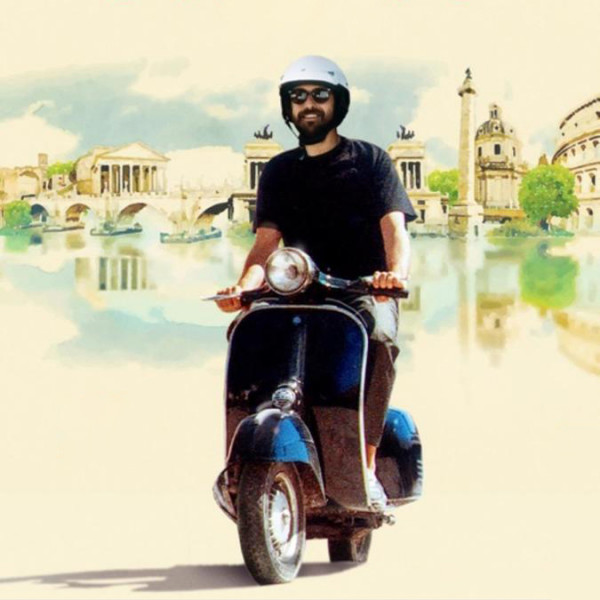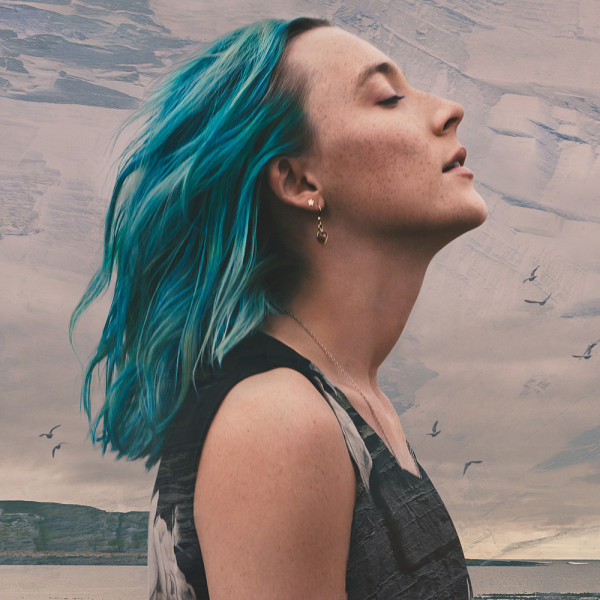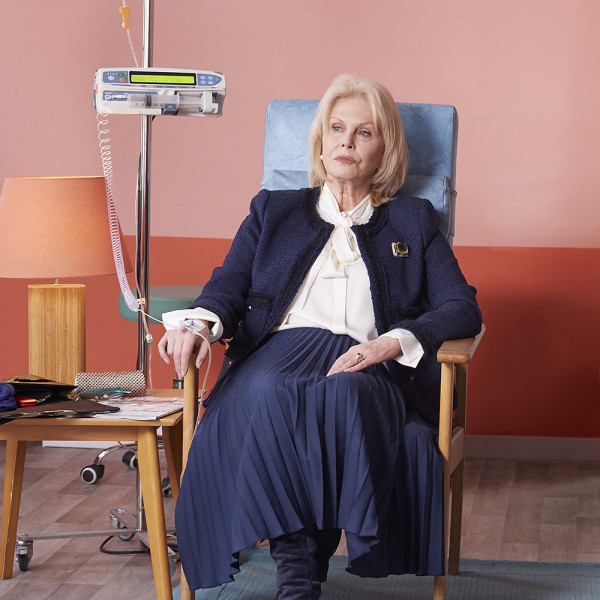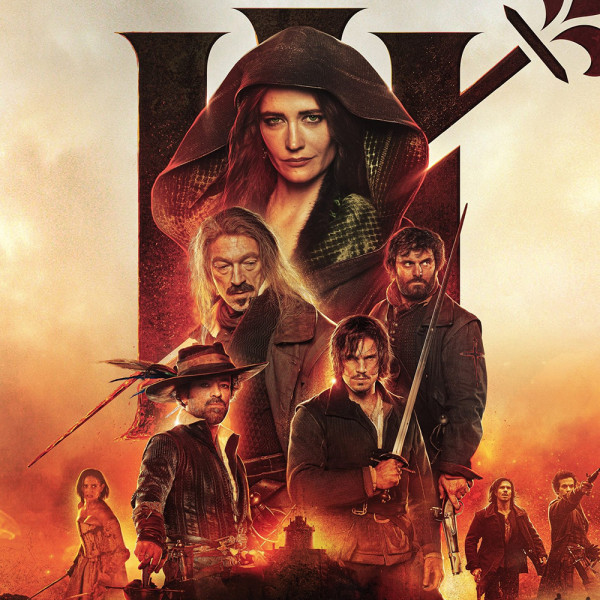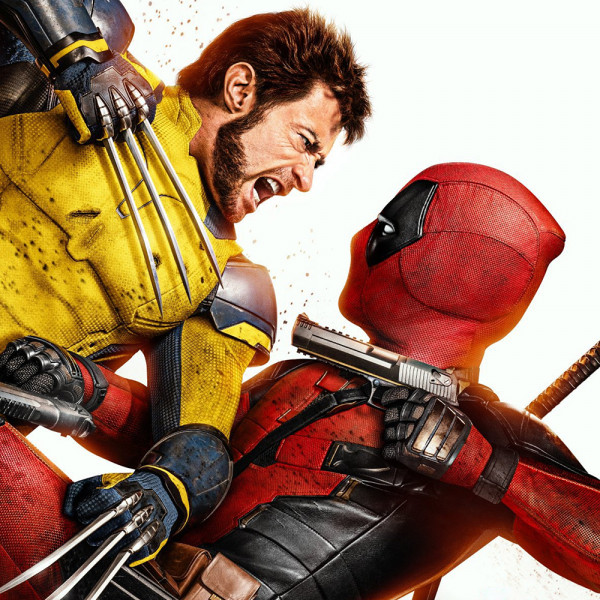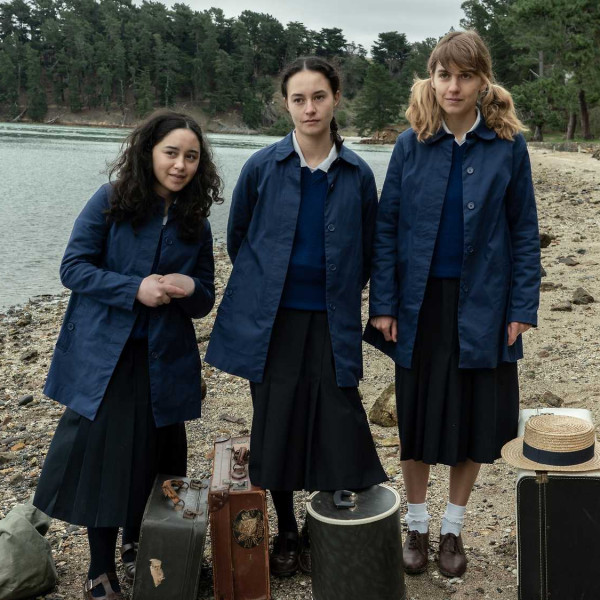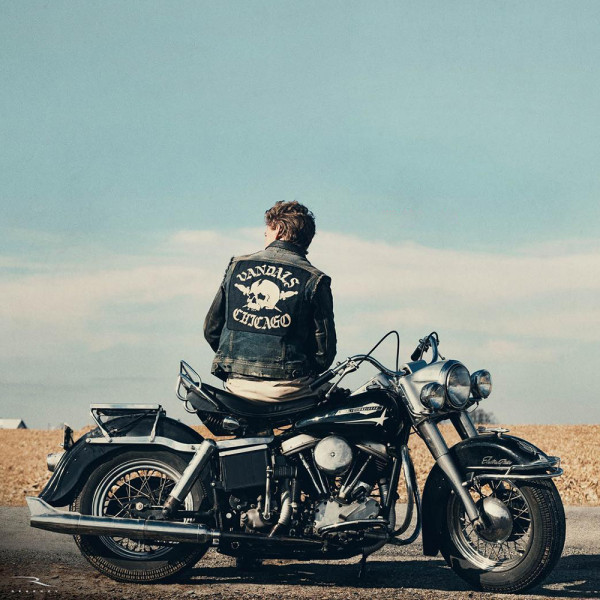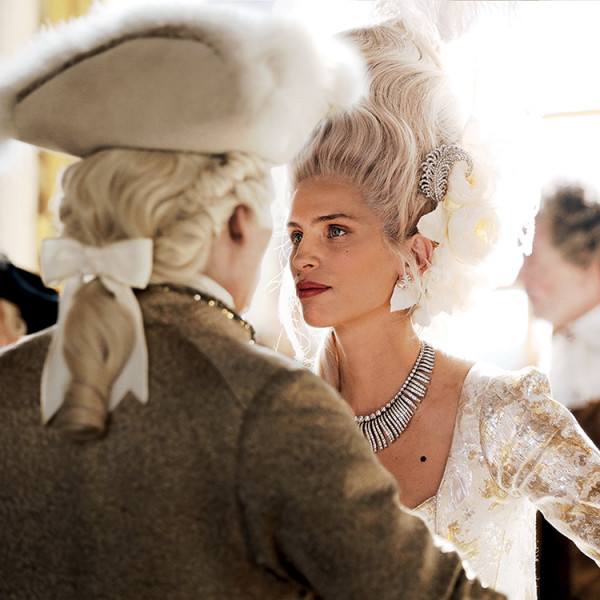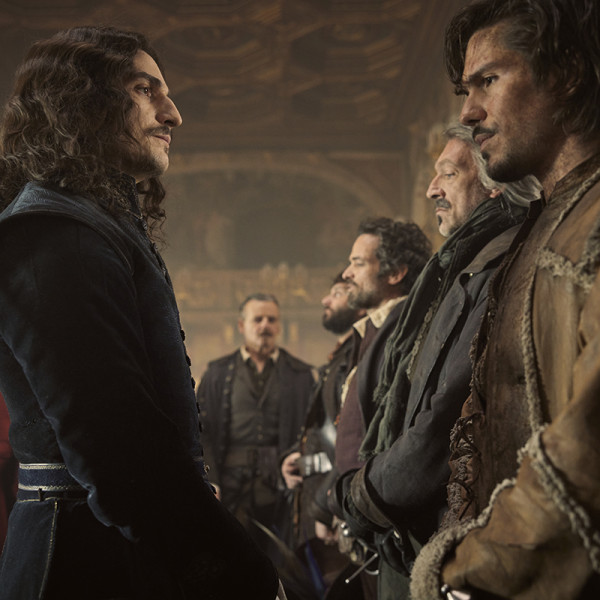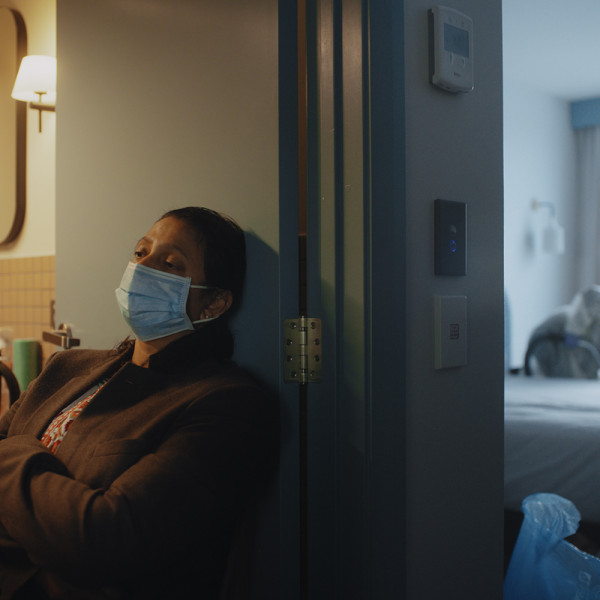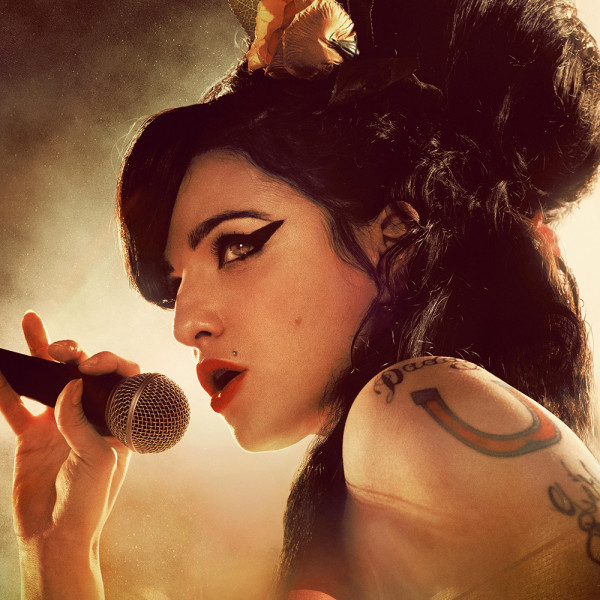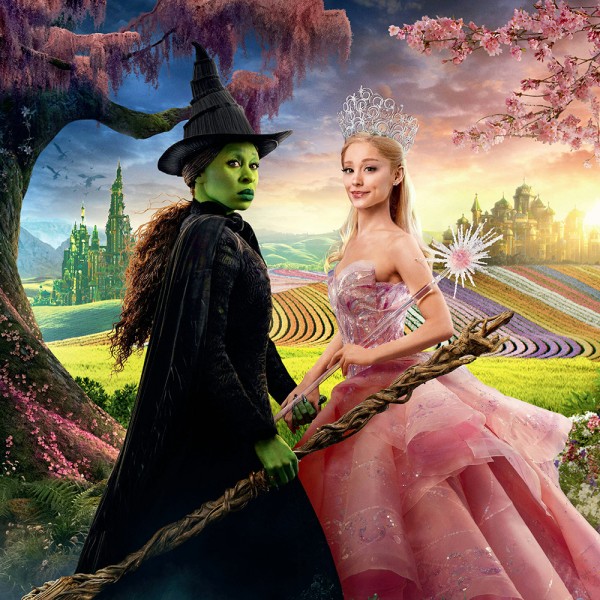
The long-awaited screen adaptation of the Tony-winning Broadway musical Wicked trades the Yellow Brick Road for a trip down memory lane, whizzing through the story of how the green-skinned woman Elphaba (Cynthia Erivo) and Ozian it-girl Glinda (Ariana Grande) came to be known as the Wicked Witch of the West and the Good Witch of the North. An adventurous tale that celebrates female friendship and champions standing up for what’s right, this magical musical is as whimsical as it is wondrous, as outrageous as it is off-kilter.
Like its Broadway predecessor, the film version is also presented in two acts, with Defying Gravity serving as a show-stopping ending to part one. In many ways, the screen adaptation remains faithful to the stage play, which in turn was based on Gregory Maguire’s 1995 novel that reimagines the characters from The Wizard of Oz books. Like the stage musical, Stephen Schwartz wrote the music and lyrics, while Winnie Holzman wrote the book, but the director’s seat is occupied by Jon M. Chu, who crafts a multicoloured, maximalist dreamscape alongside production designer Nathan Crowley and costume designer Paul Tazewell. Arm in arm with these wonderful world-building wizards, cinematographer Alice Brooks adds the icing on the emerald cake with her bold colour choices and sweeping shots. I just wish Myron Kerstein’s editing had featured slower cuts so we could take it all in better.
The story is an archetypal myth where good is pitted against evil, the comfort of the status quo juxtaposing the freedom of changing the world. Wicked does not reinvent the wheel in its saga of misunderstanding and alienation – even with its subplot of animal persecution. But the wheel isn’t broken, and with Erivo and Grande behind the reins it trots along nicely. Their excellent chemistry is made all the more enjoyable by their opposite vibes, while appearances from Michelle Yeoh as Madame Morrible and Jeff Goldblum as Oz add an extra layer of grandiosity. What begins as loathing between Elphaba and Glinda blossoms into love and mutual respect, and there is always room for more interactions that pass the Bechdel Test in Hollywood.
Fun and fantastical with more than a few Easter eggs for fans, Wicked is wickedociously, whimsifyingly wonderful.


